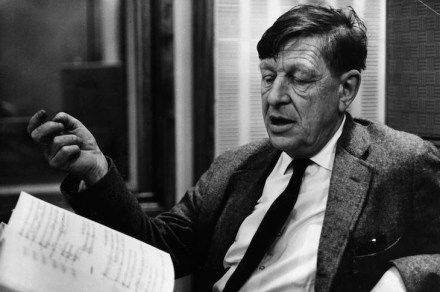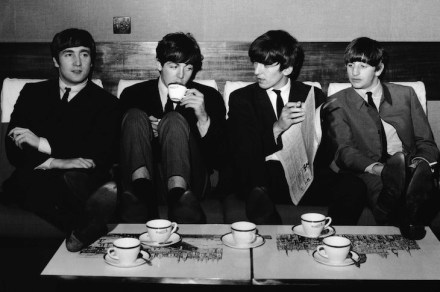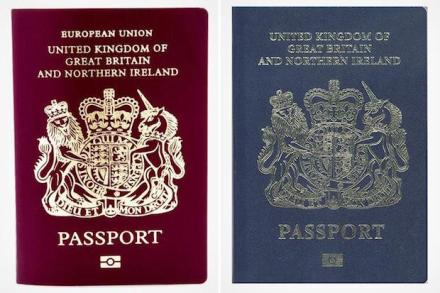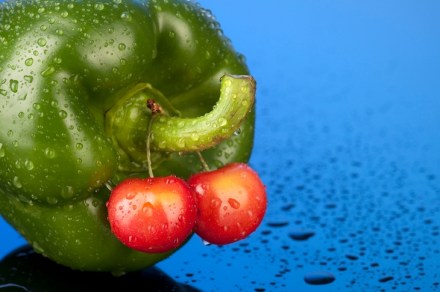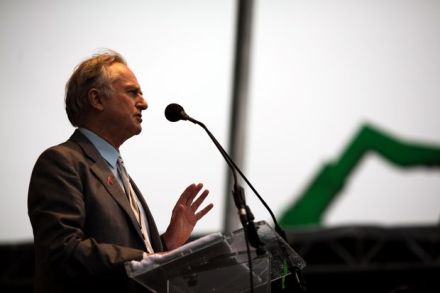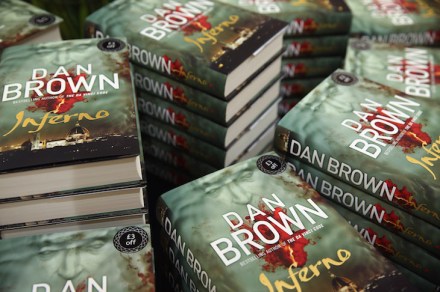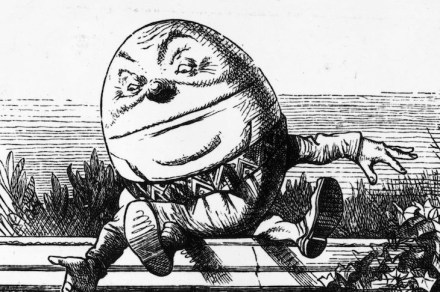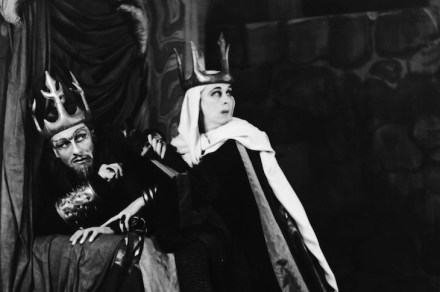Spectator competition winners: The ballad of Mar-a-Lago
This week’s challenge marks the centenary this year of the birth of Muriel Spark. ‘I still take a poetic view of life as I see it through the novel,’ Spark once said, explaining that she viewed her novels as long prose poems. So a verse assignment seemed just the thing: you were asked to come up with poems with the title ‘The Ballad of [insert place name here]’. The entry that most closely referenced Spark’s glorious The Ballad of Peckham Rye was Max Gutmann’s but there were deft Sparkian touches elsewhere. I especially admired David Silverman’s crisp, caustic, comic ‘Ballad of Westgate Shopping Centre’, and Paul Carpenter’s timely ‘Ballad of



